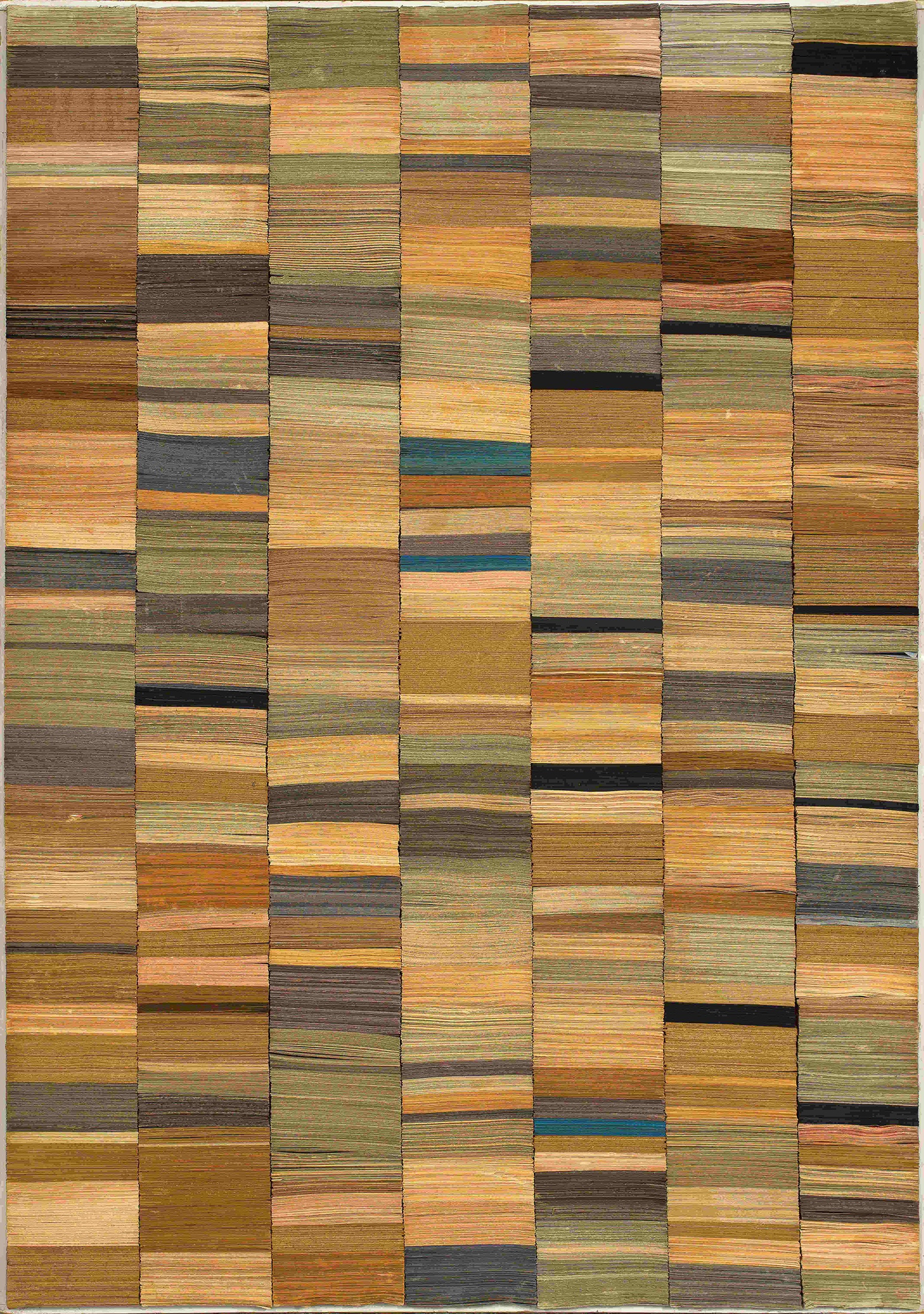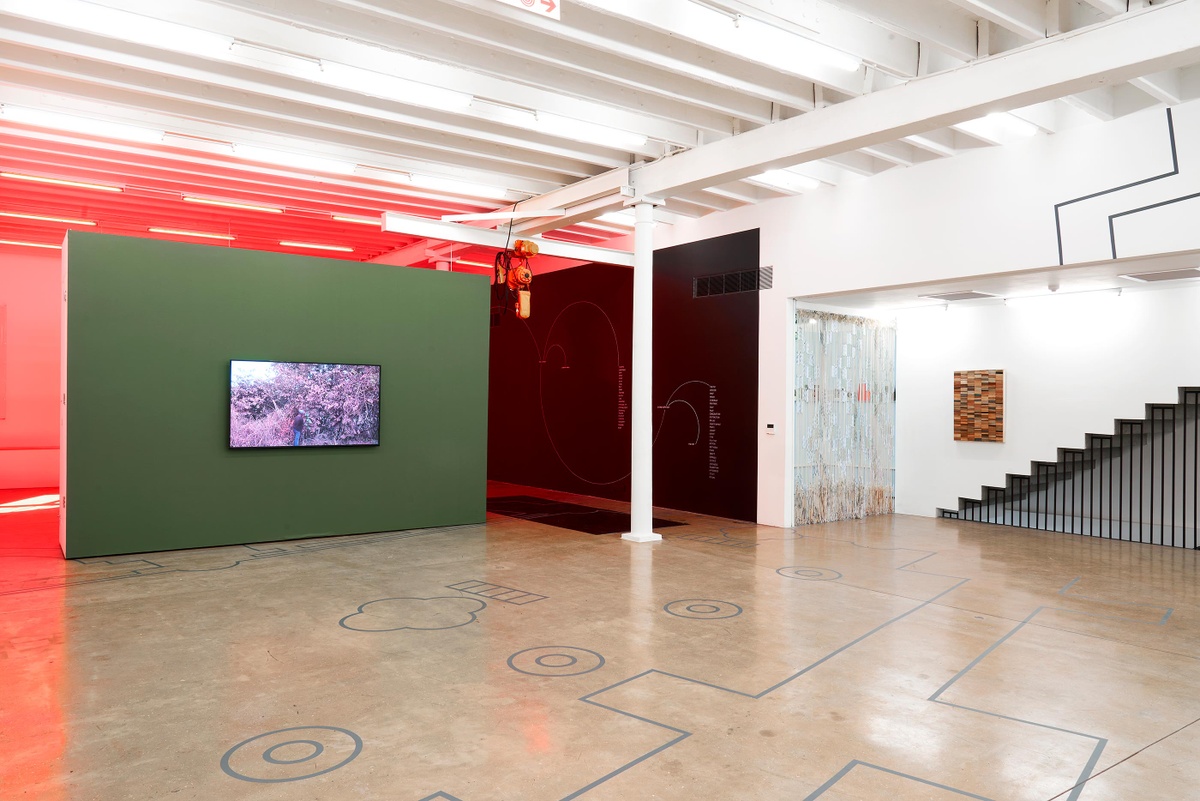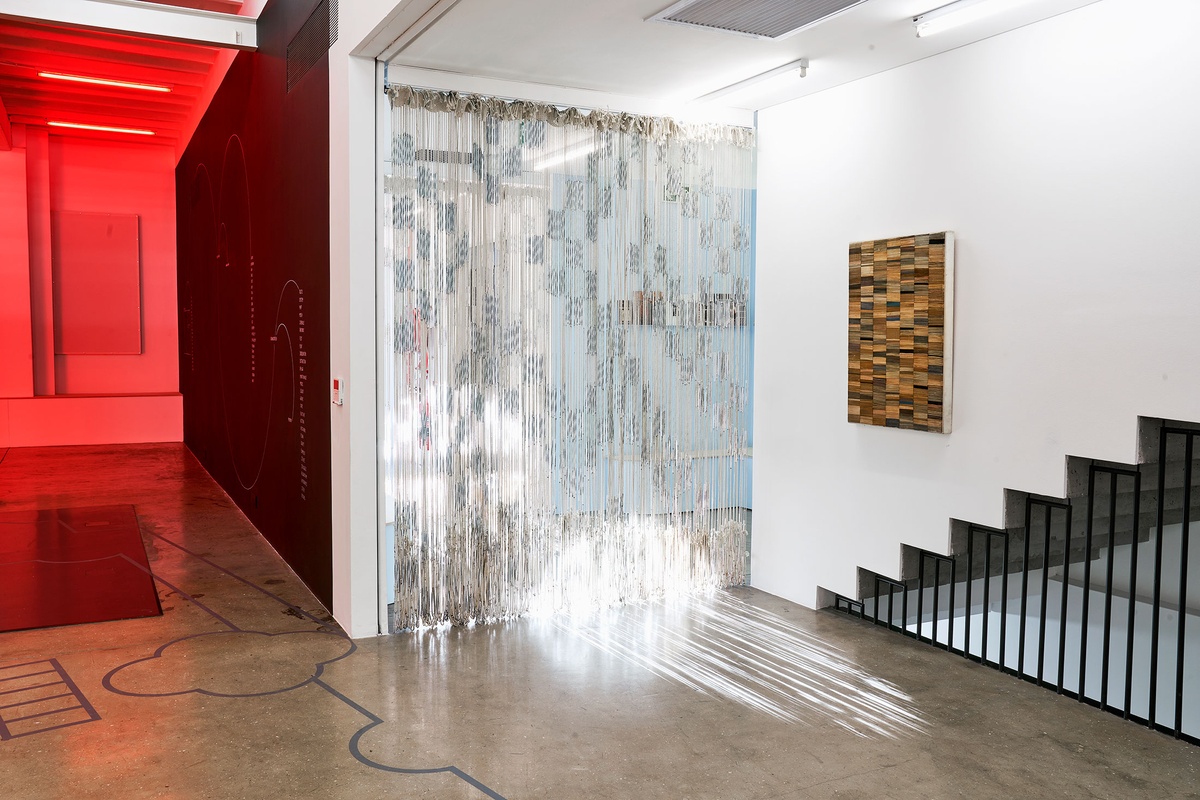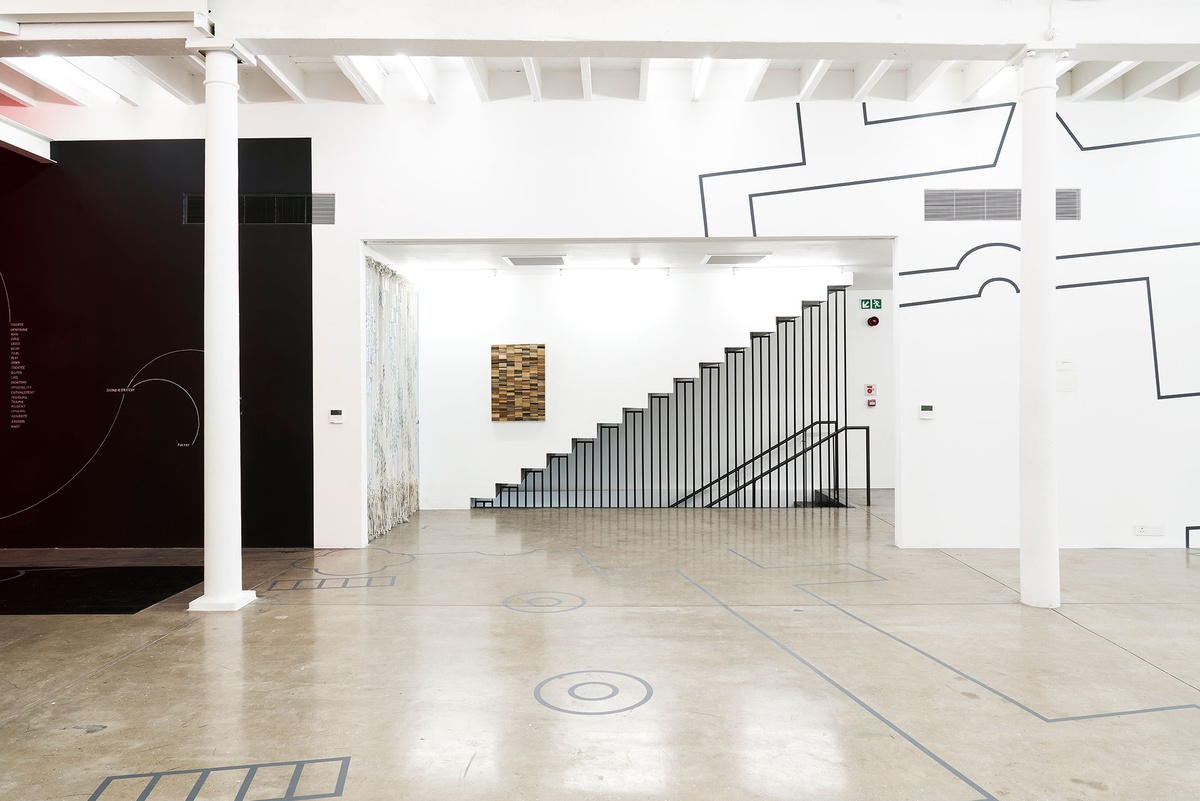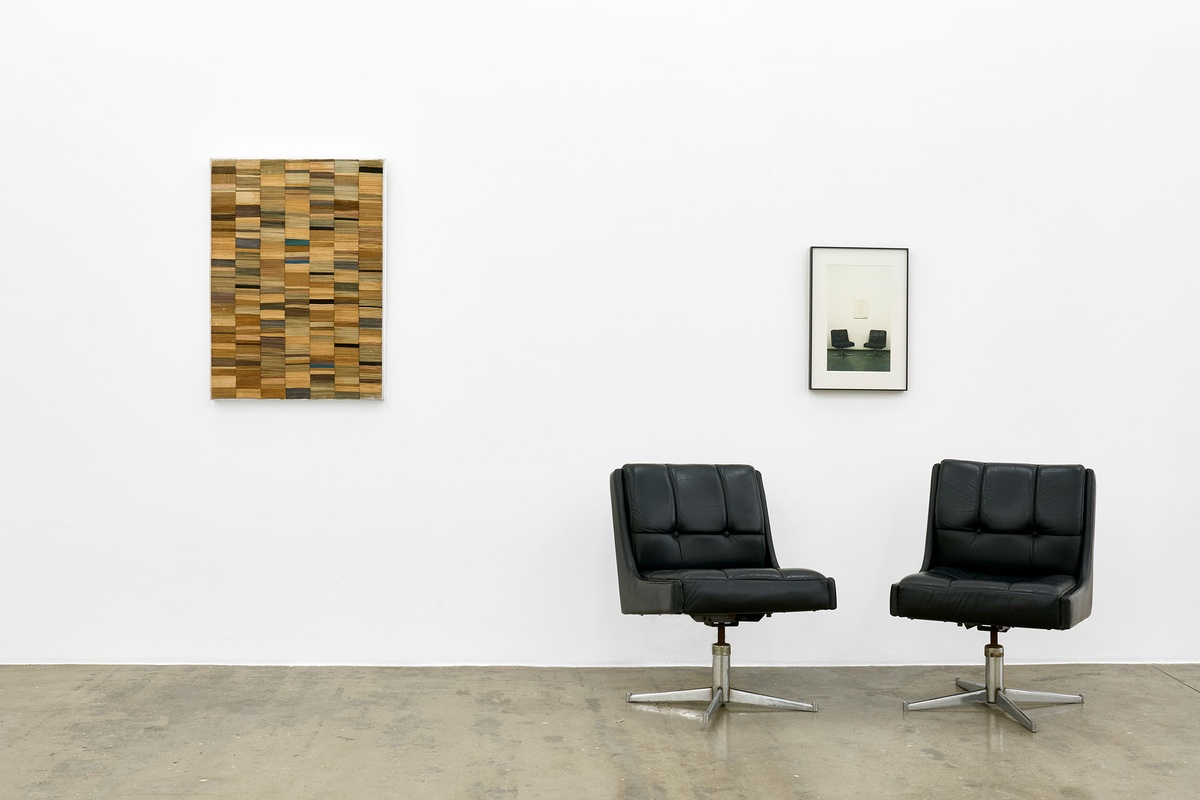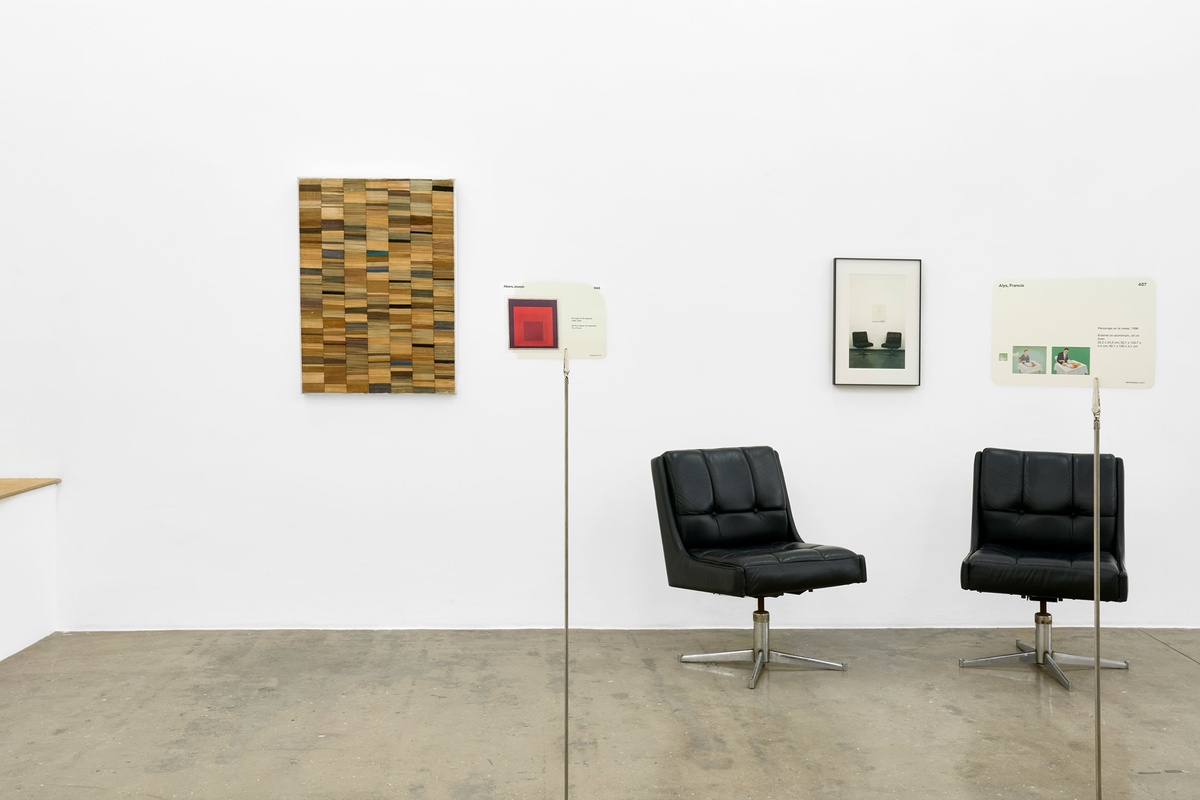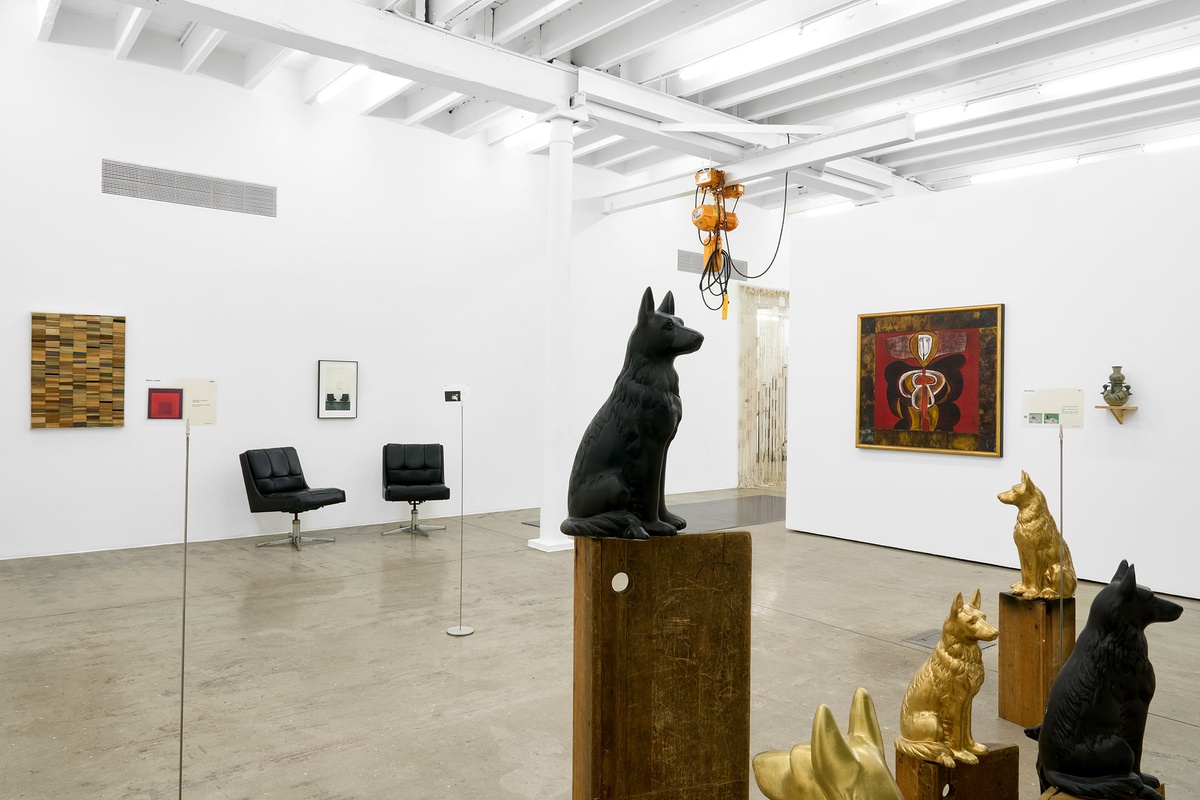Willem Boshoff
At first glance, Blind Cards is a study in the myriad ways paper discolours and ages as time passes. Yet beyond its formal intrigue, the work extends meditations on obsolete systems of ordering knowledge. Its composition took form, Boshoff writes, in "the period when the library converted to a new system for lending books."
Everyone's names and personal details were transferred onto computer, making redundant the boxes of library cards that had been used earlier to store this information, and the trays in which they had been kept.
In Blind Cards, the now-defunct cards are stacked one on top of the other in neatly arranged columns. Stripped of their function and rendered unreadable, they become a cipher: an unintelligible system that once notated a history of books borrowed and returned.
b.1951, Johannesburg
A concrete poet, conceptual artist, and compiler of dictionaries, Willem Boshoff is singularly preoccupied with words; their origins, implications, taxonomy and texture. Giving shape to language, he makes the verbal visual and the written tactile. Among his most notable works is Blind Alphabet (1990 onwards), a series of object studies of uncommon words to be touched and held. Abaxial, acinaciform, acrolith, acromegaly – the list goes on, each term transcribed as wooden sculpture. Other similarly ambitious projects include The Dictionary of Perplexing English (1999), a collection of eighteen-thousand puzzling phrases, and Garden of Words (ongoing); the artist committing to memory the names of thirty-thousand botanical specimens. In all his wide-ranging interests – from ecology to politics, astronomy to philosophy – Boshoff remains primarily concerned with classification; with the ways in which the world is linguistically arranged. To the artist, language offers itself as material, meaning, performance and form.
